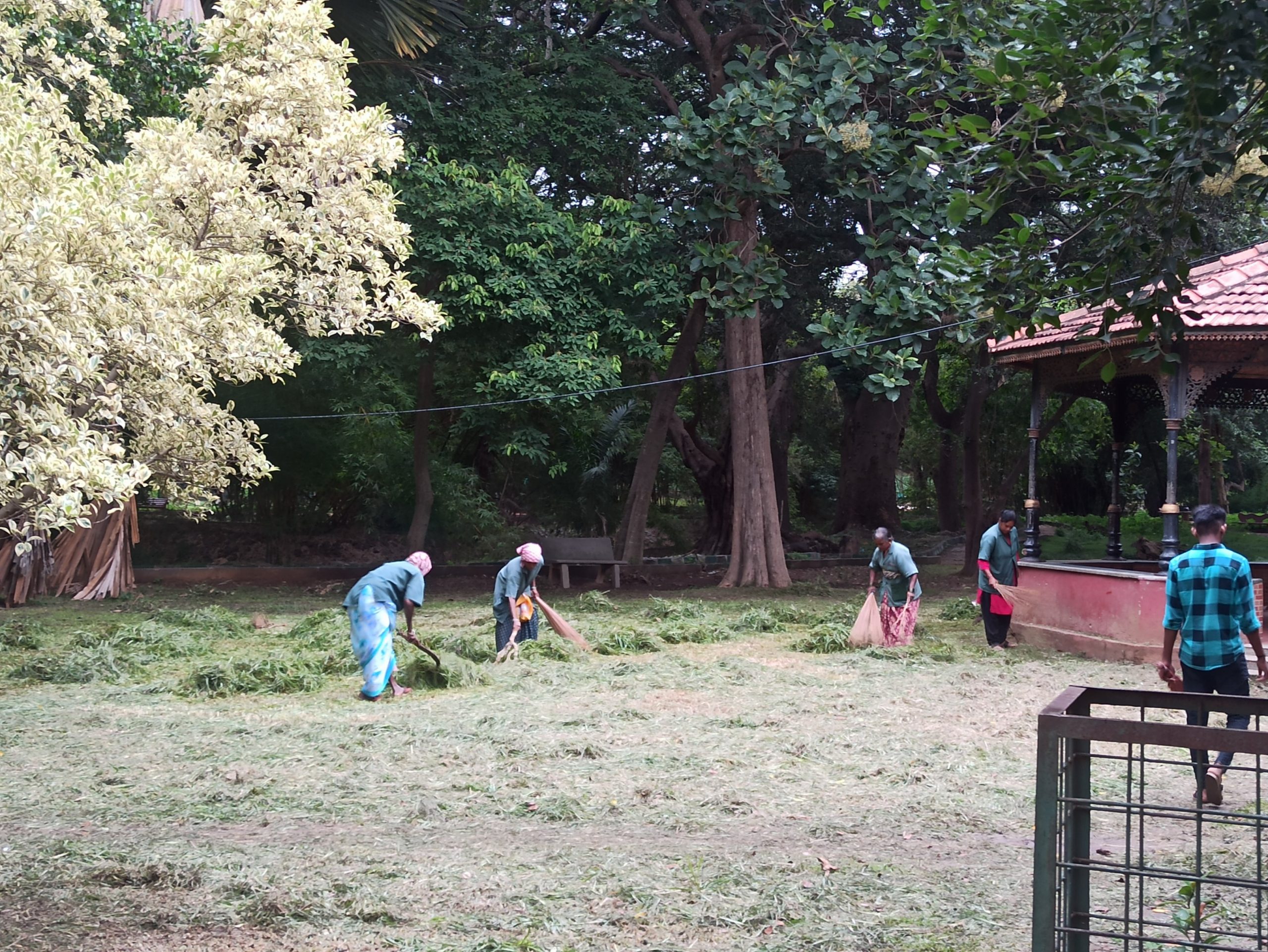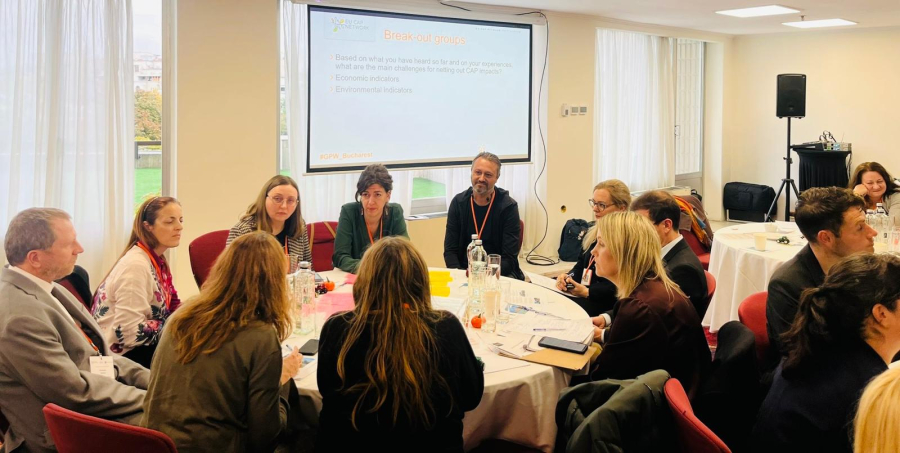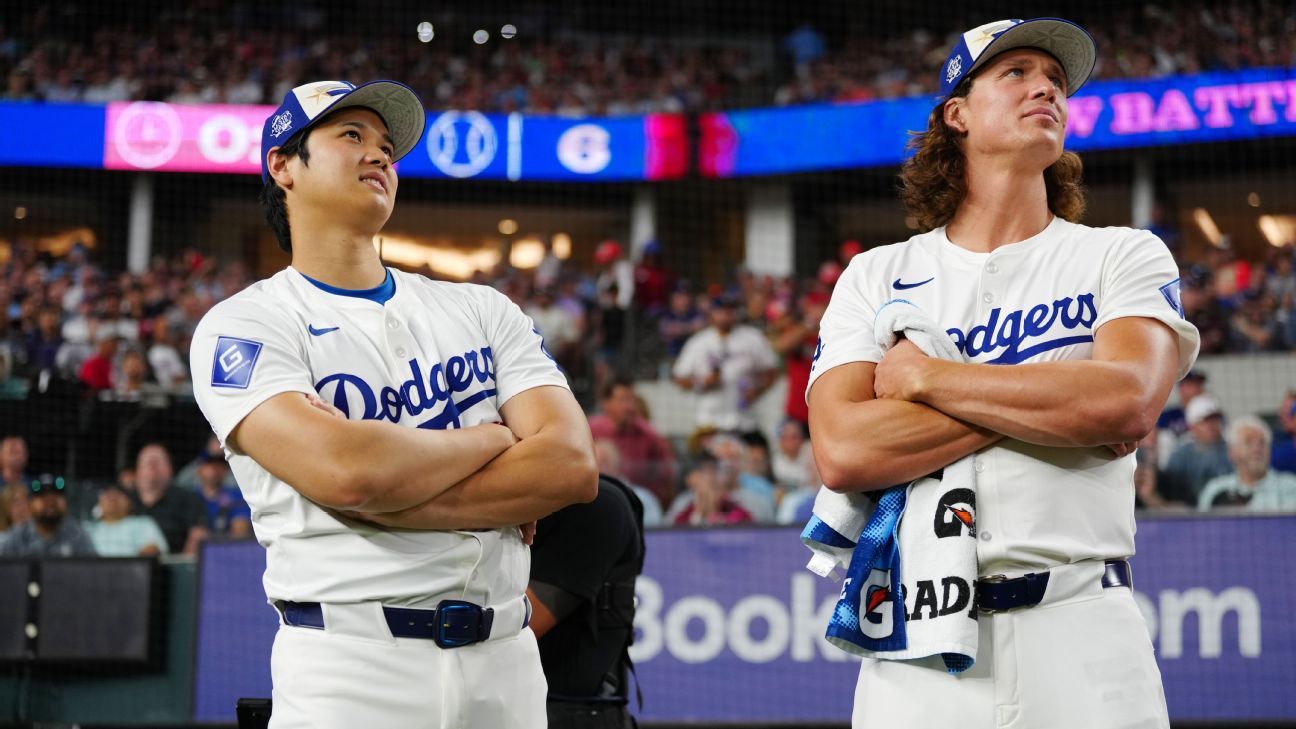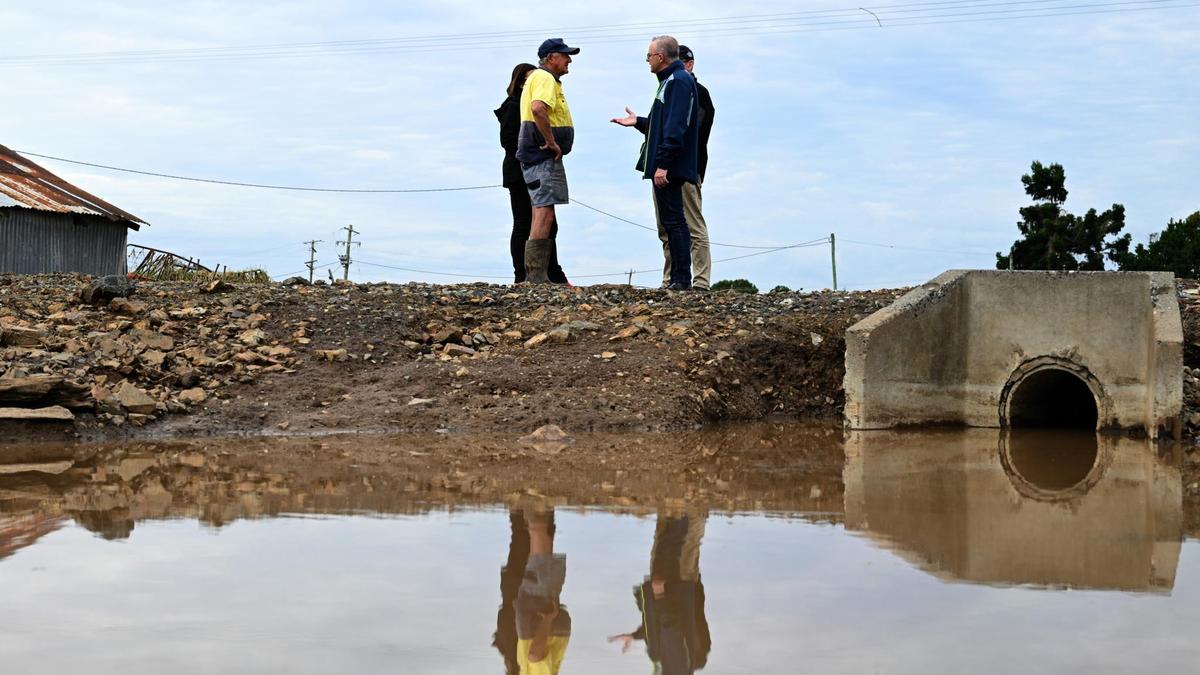Copyright Tallahassee Democrat
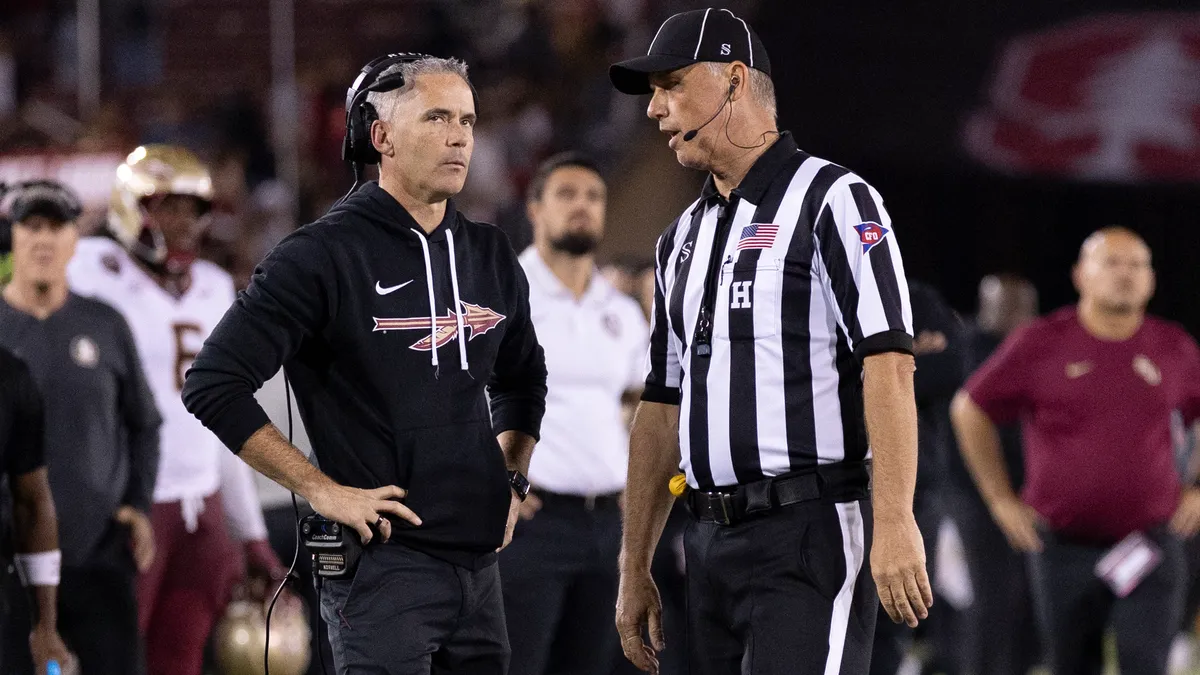
Despite a recent loss, the author argues it is the wrong time to fire Florida State University head football coach Mike Norvell. The author believes the current college football environment is too transactional due to the transfer portal and NIL deals. The author contends that Norvell's coaching philosophy focuses on long-term player development and building a winning culture. The Oct. 18 loss to Stanford University was a severe blow to Florida State University’s football program. Fans and boosters are justifiably concerned as they look forward to the Nov. 1 game against Wake Forest, a team that has won three of the last four matchups. Nevertheless, now is the wrong time to fire head football coach Mike Norvell. FSU, for its part, has made its position clear: Norvell and his team will remain in place through the end of the season. This is the right decision, and, in the long run, benefits the football program and the university regardless of the season’s outcome. I have taught more than 4,000 students spanning three decades in higher education. At FSU, I teach students just a semester or two away from graduation. My research center runs an active internship program that annually engages more than 30 undergraduate students, educating more than 300 in practical professional skills since its inception in 2012. All our activities are focused on preparing these students for success in the professional workplace. The fundamental lesson we should be teaching our students is that professional (and personal) success is relational, not transactional. Bringing your best effort, collaboratively working to ensure your team’s success, and leveraging the value of each team member are critically important attitudes and behaviors that lead to higher performance. They also run counter to the current NCAA D-I college football environment, which has become hyper transactional with an unsustainable focus on short-term success. The transfer portal, combined with recent rules that allow players to monetize their “Name, Image, and Likeness (NIL), is rooted in potential rather than performance. This framework incentivizes the wrong behavior and weakens the priority given to successful attitudes. The task is to reorient coaching, mentorship, training, and discipline to mitigate the negative impacts of these changes. Norvell knows this and has shown his ability to lead on these principles. Despite the current record, Novell rebuilt a moribund football program from the ground up to become a national contender. His first year as coach was unimpressive on its face. But his second year showed promise even though the team ended up with a losing record. The third year found FSU football rebounding to its first 10-win season since 2016. In the fourth year, Norvell and his team operated on full cylinders. Undefeated in the regular season, they captured the ACC championship playing without their marquee quarterback. These seasons provide compelling evidence of Novell’s ability to build a team and a winning culture. Unfortunately, college football is convulsing through unknown territory with the transfer portal and NIL. Top players are recruited into programs by dangling tens of thousands, if not hundreds of thousands, of dollars, into personal bank accounts without any evidence of producing outcomes on the field. Some athletes will leave the university, degree or no degree, with cash accounts larger than a career’s worth of retirement savings for many faculty and staff. The ability to hold a team together and build a culture is fundamentally compromised by the immediate (and potentially lucrative) threat from players to jump to other teams. This environment, however, is unsustainable in the long run. Current players benefit from reaping large payouts that future generations of athletes will unlikely receive. At some point, programs will not be willing to pay $50,000, $100,000, $200,000, or more for players who don’t produce on the field. Norvell’s coaching philosophy is well-suited for preparing students for long-term success. The real question is whether universities (and their alumni) are willing to further compromise the integrity of their educational missions by sacrificing their commitment to higher learning and player development by supporting a toxic and ultimately unsustainable college athletic industry. Samuel R. Staley, Ph.D., is director of the DeVoe L. Moore Center, a public policy think tank in the College of Social Sciences and Public Policy at Florida State University. The views expressed in this viewpoint are his own and do not reflect those of Florida State University, the Seminole Boosters, or its athletic program. JOIN THE CONVERSATION
